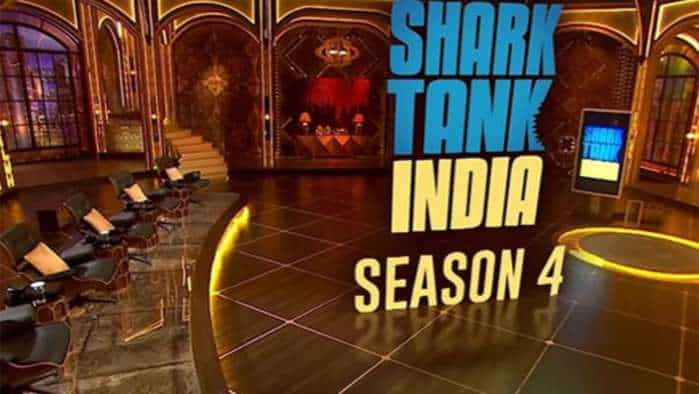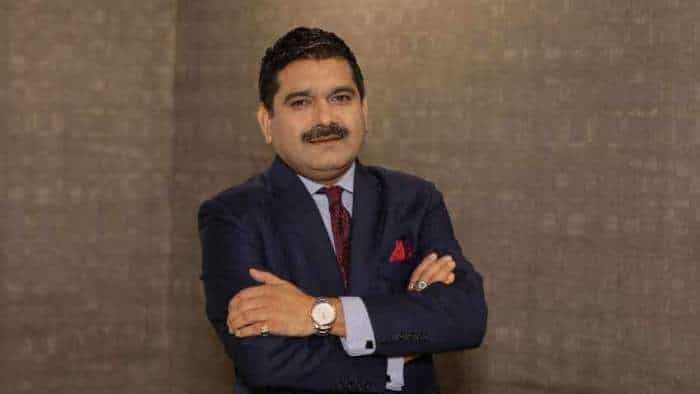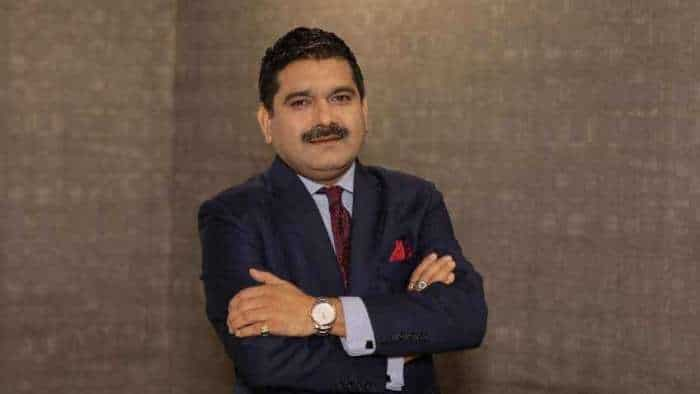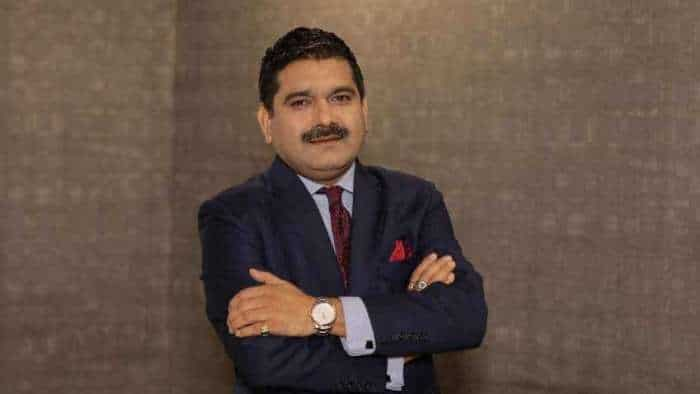Russia to quit International Space Station amid Ukraine war, to pursue own orbital outpost
Russian officials have long talked about their desire to launch the country's own space station and have complained that the wear and tear on the aging International Space Station is compromising safety and could make it difficult to extend its lifespan.

Russia will pull out of the International Space Station after 2024 and focus on building its own orbiting outpost, the country's new space chief said Tuesday amid high tensions between Moscow and the West over the fighting in Ukraine.
The announcement, while not unexpected, throws into question the future of the 24-year-old space station, with experts saying it would be extremely difficult a nightmare," by one reckoning" to keep it running without the Russians. NASA and its partners had hoped to continue operating it until 2030.
"The decision to leave the station after 2024 has been made," Yuri Borisov, appointed this month to lead the Russian space agency, Roscosmos, said during a meeting with President Vladimir Putin. He added: "I think that by that time we will start forming a Russian orbiting station."
The space station has long been a symbol of post-Cold War international teamwork in the name of science but is now one of the last areas of cooperation between the U.S. And the Kremlin.
NASA had no immediate comment.
Borisov's statement reaffirmed previous declarations by Russian space officials about Moscow's intention to leave the space station after 2024 when the current international arrangements for its operation end.
Russian officials have long talked about their desire to launch the country's own space station and have complained that the wear and tear on the aging International Space Station is compromising safety and could make it difficult to extend its lifespan.
Cost may also be a factor: With Elon Musk's SpaceX company now flying NASA astronauts to and from the space station, the Russian Space Agency lost a major source of income. For years, NASA had been paying tens of millions of dollars per seat for rides to and from the station aboard Russian Soyuz rockets.
The Russian announcement is certain to stir speculation that it is part of Moscow's maneuvering to win relief from Western sanctions over the conflict in Ukraine. Borisov's predecessor, Dmitry Rogozin, said last month that Moscow could take part in negotiations about a possible extension of the station's operations only if the U.S. Lifts its sanctions against Russian space industries.
About International Space Station
The space station is jointly run by Russia, the U.S., Europe, Japan and Canada. The first piece was put in orbit in 1998, and the outpost has been continuously inhabited for nearly 22 years. It is used to conduct scientific research in zero gravity and test out technology for future journeys to the moon and Mars.
It typically has a crew of seven, who spend months at a time aboard the station as it orbits about 260 miles (420 kilometers) above Earth. Three Russians, three Americans and one Italian are now on board.
The $100 billion-plus complex, which is about as long as a football field, consists of two main sections, one run by Russia, the other by the U.S. And the other countries. It was not immediately clear what will have to be done to the Russian side of the complex to continue safely operating the space station once Moscow pulls out.
Former NASA astronaut Scott Kelly, who spent 340 continuous days aboard the International Space Station in 2015 and 2016, said that the Russian statement could be just more bluster, noting that after 2024 is vague and open-ended.
"I believe Russia will stay as long as they can afford to as without ISS they have no human spaceflight program," he said. "Cooperation with the West also shows some amount of legitimacy to other, nonaligned nations and to their own people, which Putin needs as the war in Ukraine has damaged his credibility."
Former Canadian astronaut Chris Hadfield tweeted in reaction to the announcement: "Remember that Russia's best game is chess."
Kelly said the design of the station would make it difficult but not impossible for the remaining nations to operate it if Russia were to withdraw.Jordan Bimm, a historian of science, technology and medicine at the University of Chicago, said the Russian statement does not bode well for the future of the ISS, adding that it creates a constellation of uncertainties about maintaining the station which don't have easy answers.
"What will `leaving' look like" he questioned. "Will the last cosmonauts simply undock a Soyuz and return to Earth, leaving the Russian-built modules attached? Will they render them inoperable before leaving? Will NASA and its international partners have to negotiate to buy them out and continue using them? Can these modules even be maintained without Russian know-how?"
Bimm said that theoretically it is possible to keep the station running after the Russians bail out, but "practically it could be a nightmare depending on how hard Russia wanted to make it for NASA and its remaining partners."
If the Russian components of the station were detached or inoperable, the most immediate problem would be how to boost the complex periodically to maintain its orbit, he said. Russian spacecraft that arrive at the station with cargo and crew members are used to help align the station and raise its orbit.
Scott Pace, director of George Washington University's space policy institute, said other considerations include replacing the ground communications that Moscow provides.
He said, too, that "it remains to be seen whether the Russians will, in fact, be able to launch and maintain their own. Independent station."
Russia has made no visible effort so far to develop its own space station, and the task appears increasingly daunting now amid the crisis in Ukraine and the Western sanctions that have limited Russia's access to Western technology.
Well before the development of the International Space Station, the Soviets and then the Russians had a number of their own space stations, including Mir. The U.S. Likewise had Skylab.
John Logsdon, founder and former director of the George Washington University institute, said NASA has had plenty of time to prepare for a Russian withdrawal, given the threats coming out of Moscow, and would be derelict in its duty if it hadn't been thinking about this for several years.
"One alternative is to declare victory with the station and use this as an excuse to deorbit it and put the money into exploration," he said, adding: "Its political value clearly has declined over time."
Get Latest Business News, Stock Market Updates and Videos; Check your tax outgo through Income Tax Calculator and save money through our Personal Finance coverage. Check Business Breaking News Live on Zee Business Twitter and Facebook. Subscribe on YouTube.
RECOMMENDED STORIES

Shark Tank India Season 4: Social Media influencer Gaurav Taneja shocks sharks with his earnings, earns Rs 1 crore in 1 hour!

SIP Stock Pick For New Year 2025: Anil Singhvi recommends buying this largecap pharma stock on 10% dip

SIP in Stocks For New Year 2025: Market guru Anil Singhvi recommends 1 largecap, 2 midcap scrips to buy in dips; note down targets

Top 7 Index Mutual Funds With Best SIP Returns in 10 Years: Rs 11,111 monthly SIP investment in No. 1 fund is now worth Rs 33,18,831; know how others have fared

PPF vs SIP: Rs 12,000 monthly investment for 30 years; see which can create higher retirement corpus

Largecap, Midcap Stocks To Buy: Analysts recommend buying L&T, Tata Motors, 3 other stocks for 2 weeks; check targets

Largecap Stocks To Buy: Analysts recommend buying Maruti Suzuki, 2 other stocks for 2 weeks; check targets

Largecap PSU Stock for 65% Gain in New Year: Anil Singhvi picks PSU bank for long term; know reasons and target prices
09:24 AM IST








 Urgent measures needed to reduce trade imbalances with Russia: S Jaishankar
Urgent measures needed to reduce trade imbalances with Russia: S Jaishankar India, Russia eye $100 billion trade by 2030, cooperation in energy, agriculture
India, Russia eye $100 billion trade by 2030, cooperation in energy, agriculture Record-breaking heat wave hits Russia's Siberia
Record-breaking heat wave hits Russia's Siberia More than 90 countries confirm their participation in BRICS Games
More than 90 countries confirm their participation in BRICS Games Russian gas production to gain 4.6% in 2024: Economy Ministry
Russian gas production to gain 4.6% in 2024: Economy Ministry